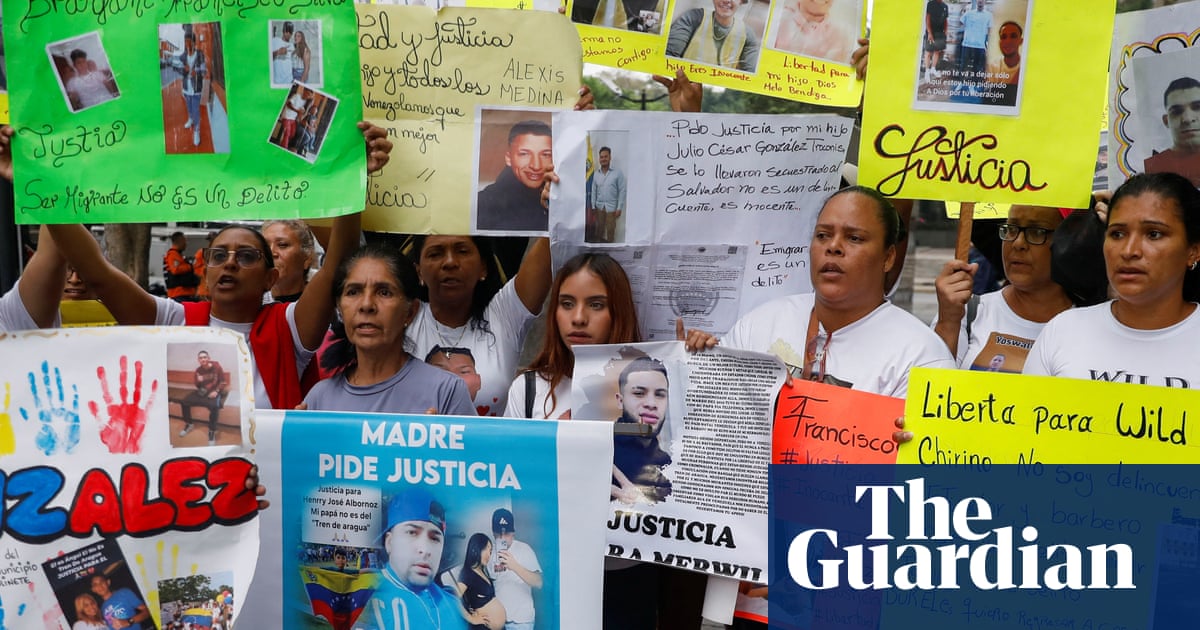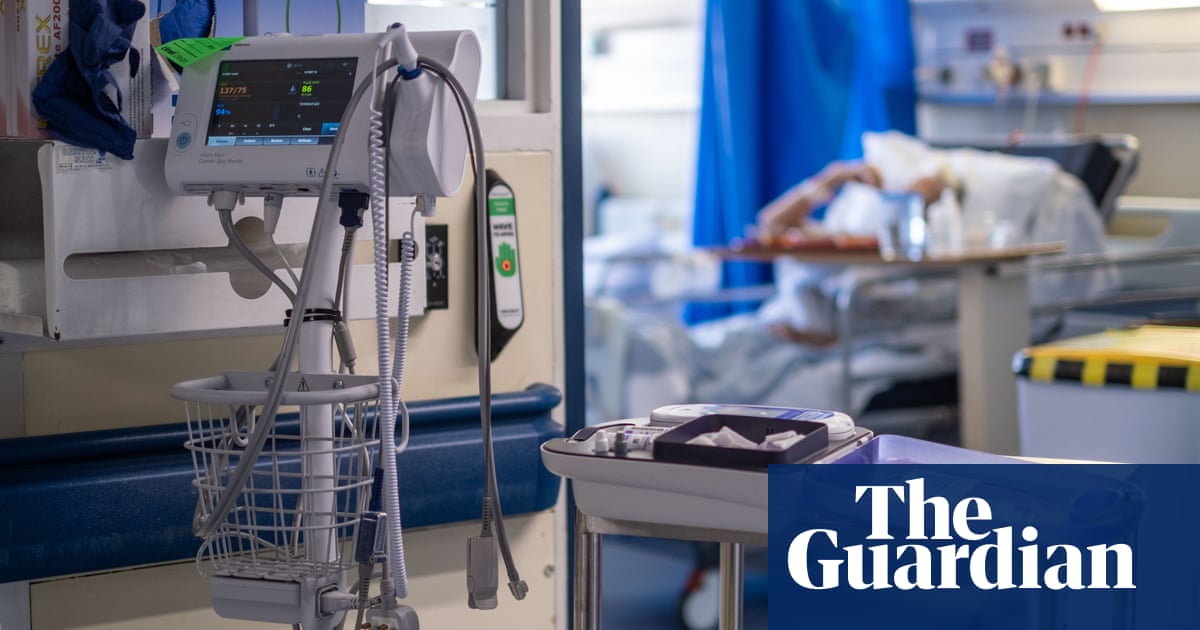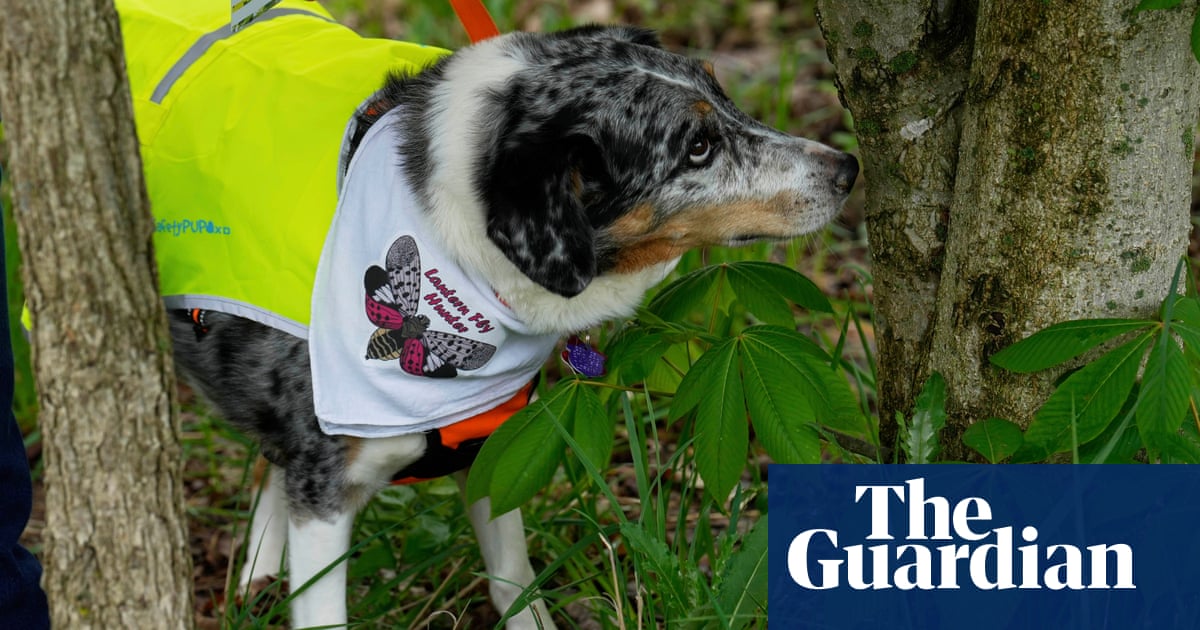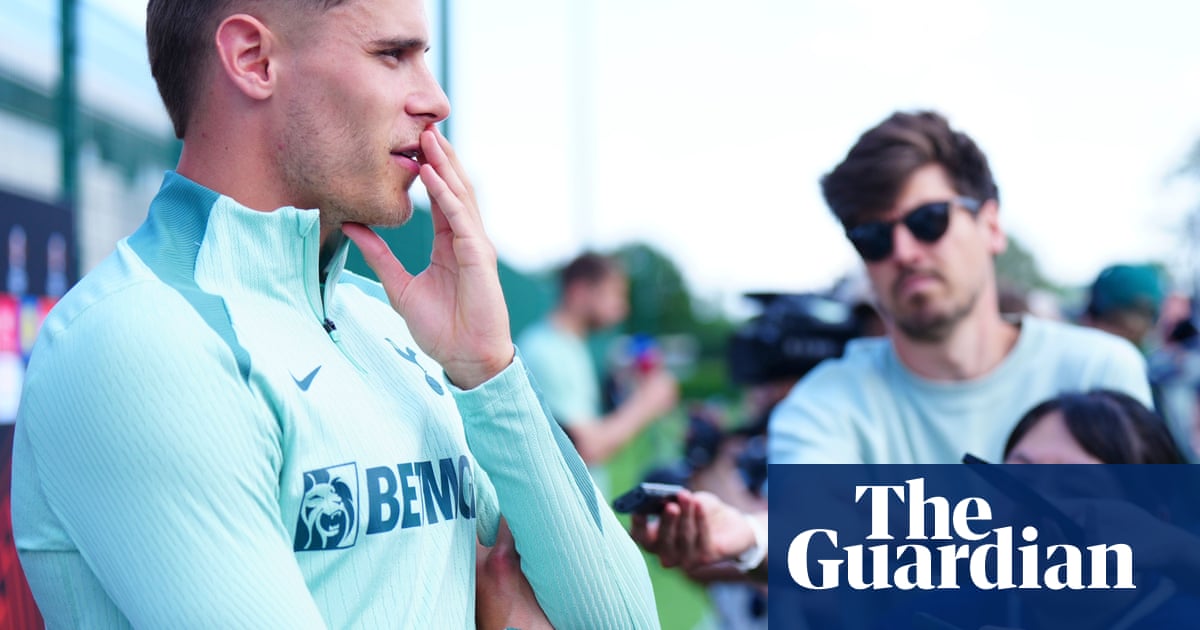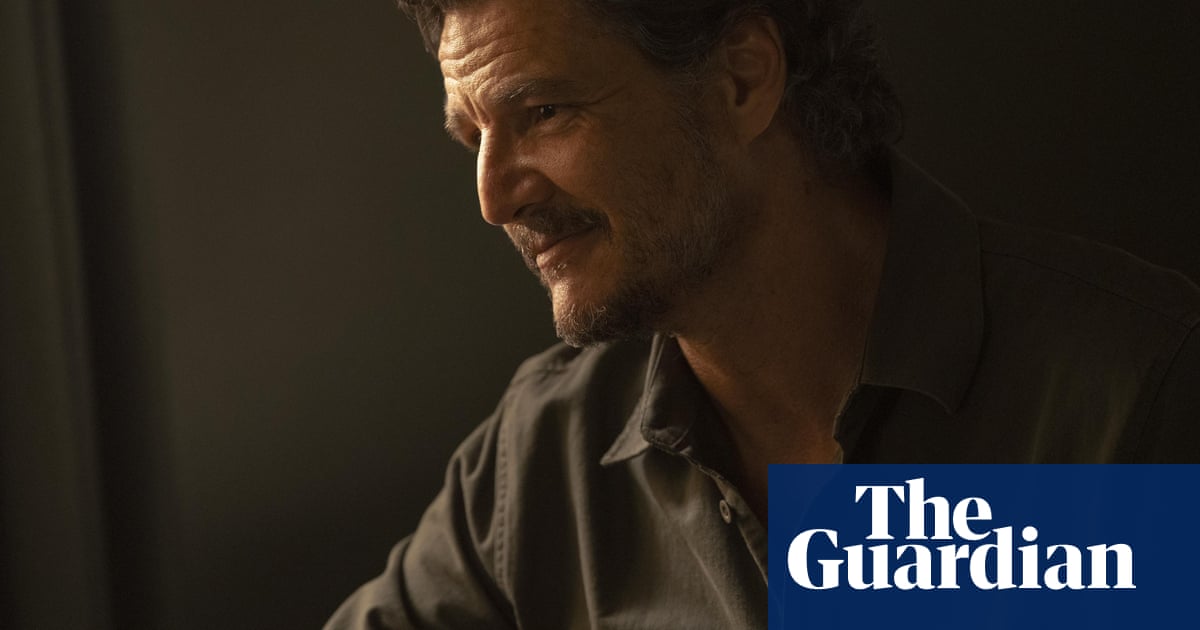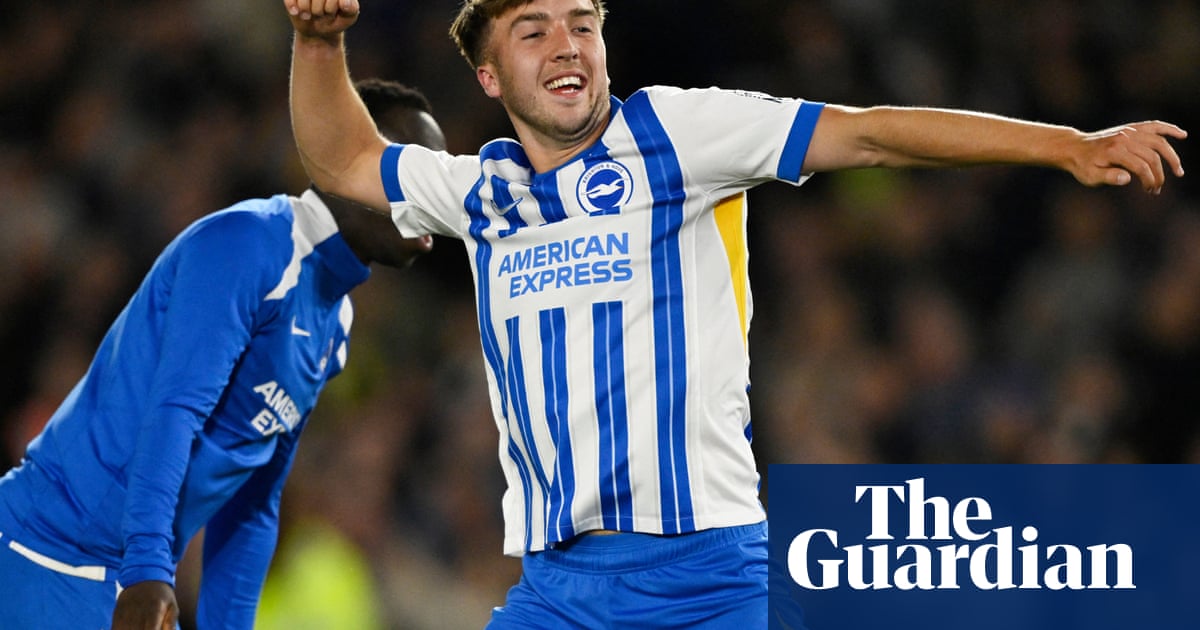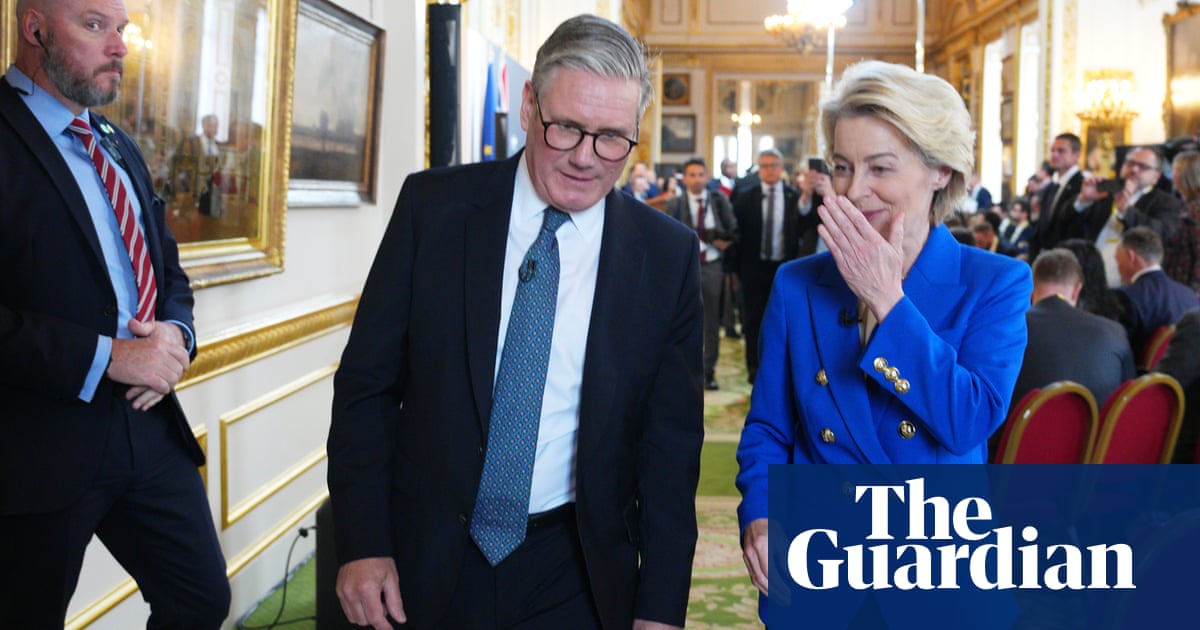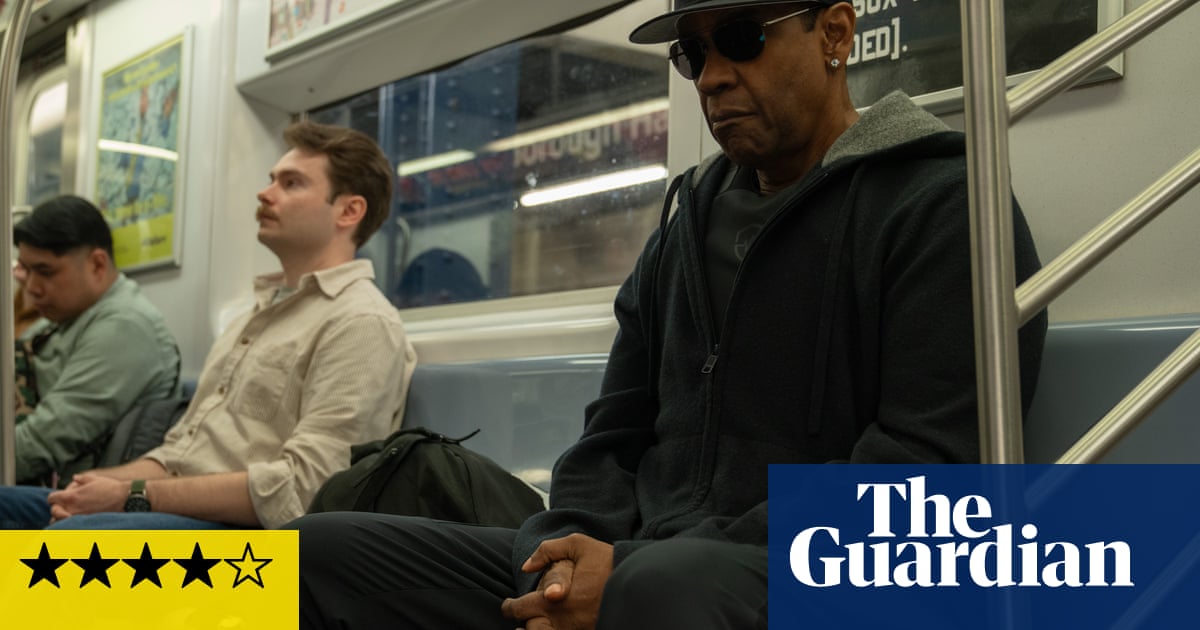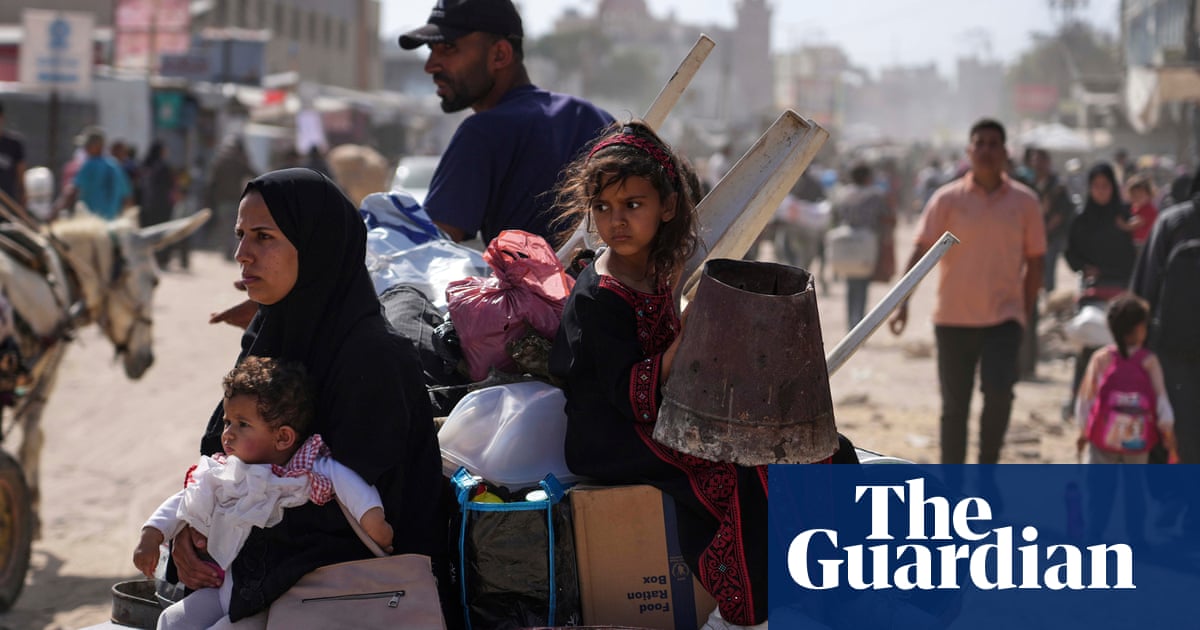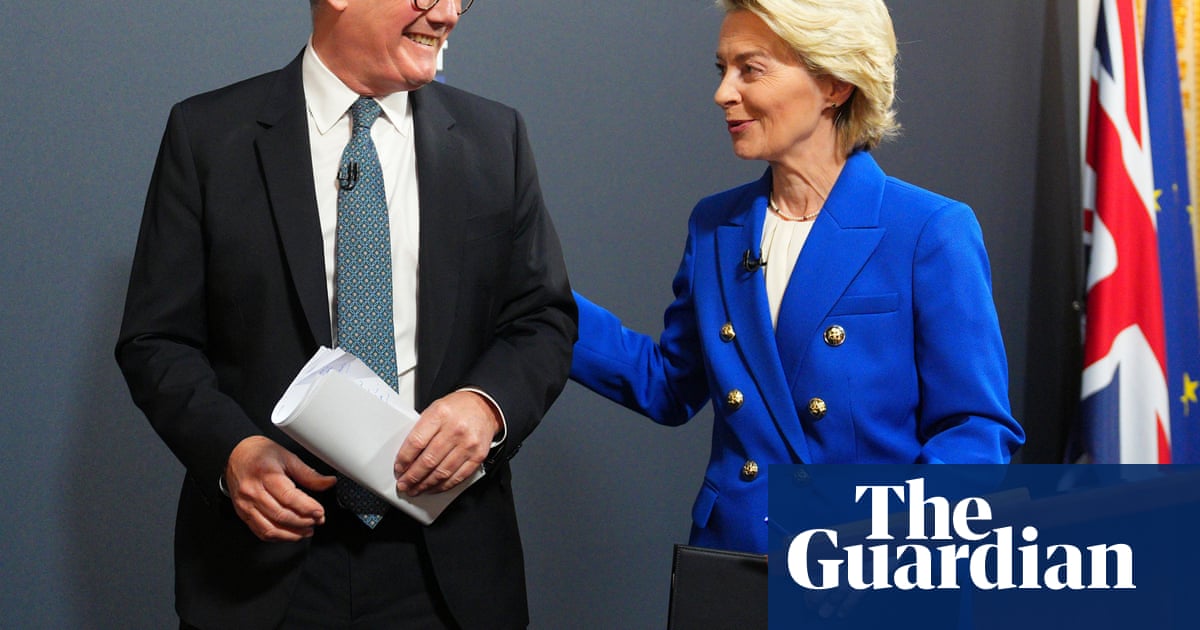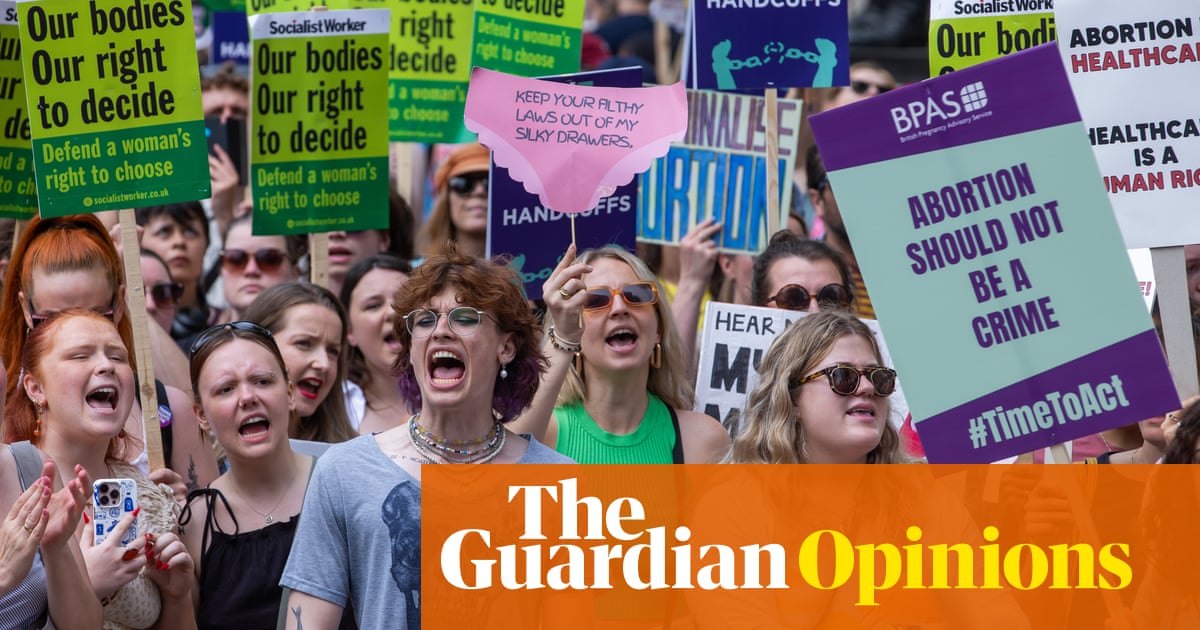Today marks Natalie Fleet’s first Mother’s Day as a grandmother – or nana, as she says. The Labour MP for Bolsover will spend the day in her constituency, surrounded by her children, her daughter’s newborn baby, her husband, mother and sister.
Fleet is only 40 years old. Her eldest daughter, now 24, was conceived when Fleet was a teenager after she was groomed by a much older man. “To have a child conceived at 15 felt as bad as it could get. Being a nana at 40 feels like I’ve won the jackpot,” Fleet says. “So I’ll spend my first Mother’s Day as a nana with the baby… just enjoying the fact that she exists, that my daughter could choose who the dad was. It’s something every woman should have.”
Last summer, a few weeks after being elected as an MP for the first time, Fleet spoke publicly about her grooming ordeal, and revealed that her eldest daughter was the product of statutory rape, where the victim is too young to consent. She is now campaigning for a change in the law to prevent rapists from having access to the children conceived as a result of an attack, which she says would remove one of the barriers to women speaking out when they become pregnant and offer greater protections for mothers.
This week, she will meet home secretary Yvette Cooper to make the case. She said: “How can we let children be the only proceed of crime that the criminal can have full access to?”
Since speaking out, Fleet says many people have called her brave. “I don’t want this to be brave,” she says. “I want this to be normal.” She wants to ensure rape is spoken about more openly so we can end what she describes as a “he did it, she hid it” culture. Fleet believes the perpetrators’ existing parental rights mean some women are too scared to say they’ve been raped. Some women have told her that their rapist threatened them that if they revealed what had happened, he would demand access to the child.
The Centre for Women’s Justice estimated that in England and Wales alone, between 2,080 and 3,356 children could have been conceived by rape in 2021. Figures from the Department for Work and Pensions show that in April 2024, 3,100 households in the UK declared “non-consensual conception” on official child benefit forms.
Fleet took Bolsover, the East Midlands seat held for years by Dennis Skinner, in the Labour landslide in July. She grew up on a council estate in Ashfield, Nottinghamshire, not far from her constituency. Her family experienced homelessness as well as domestic violence. “That is something that has definitely scarred me. It was difficult to grow up like that,” she said. “I was a vulnerable child.”
When she became pregnant aged 15, “nobody ever asked me about the dad, the fact that he was much older than me. The fact that it was statutory rape just wasn’t spoken about. It was happening so widely.”

Fleet credits the then Labour government for supporting her as a teenage mother. A SureStart centre, a maternity grant and university scholarship changed her life, she says. “I felt like the state saw me and wrapped its arms around me so I could fulfil my potential.” It was this that motivated her to become a Labour MP.
Until last year she hadn’t used terms such as “grooming” and “statutory rape” to discuss her own experience. As she prepared to enter parliament, she spoke to her daughter, who was by then pregnant. Fleet sought support online, searching for resources for parents wanting to disclose this difficult truth to their children, and support for the children in question. She couldn’t find anything.
“As part of my role on the women and equalities select committee, I asked about some guidance on [conception] via rape [to be] put on the NHS website,” she says. She also believes women and children in these circumstances need a dedicated charity “where there’s a helpline where women can call to have these conversations, and it can be a voice for these women, to advocate for things like the law change”.
On International Women’s Day she told the House of Commons that football had been discussed more often than rape in the previous parliament.
Fleet has been open with her daughter about the circumstances of her conception. Her daughter has been “really supportive”. “It must be so hard for her, and my other children – nobody wants to hear your mum say those things. But that’s why I’ve got to normalise it.”
Bringing up a child conceived by rape poses serious challenges for victims. “I look back and remember there was a time when I struggled that she didn’t have the same hair as me, I struggled with the way that she looked,” Fleet says. “I just wish there had been someone to tell me: that’s OK, you can be her mum and love her, and you could also think the circumstances that she was conceived under were horrendous.”
She is concerned about the apparent increase in misogyny, particularly among young men. Debates prompted by the recent TV show Adolescence, which tells the story of a teenage boy driven to murder after being radicalised by misogynistic content online, are encouraging. But more needs to be done.
“I am really scared by misogyny and how widespread it seems to be,” says Fleet. “As a woman in politics, I had to have an acceptance that I was going to receive a huge amount of misogyny. One family member said, ‘I wish you could post a picture of you and your newborn granddaughter without someone commenting that they’d like to murder you both.’ I wish that too.”
Fleet says the more she speaks out about rape, the more abuse she receives. “There is a backlash from men … [but] that’s another reason to keep going. I have been accosted on the street. I’m having to take a lot of precautions around safety.”
The main people she wants to reach with her message are women who find themselves in the situation she was in 24 years ago. “My hope is that other women will hear me on Mother’s Day and think: ‘What happened to me was dodgy too.’ If we can have those conversations, we can start to get that societal change we desperately need, where shame does finally change sides.”

.png) 1 month ago
28
1 month ago
28
